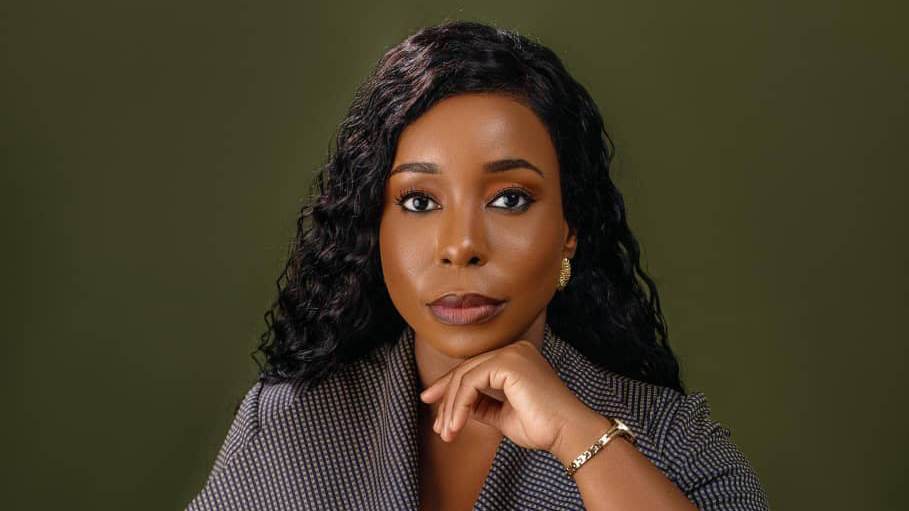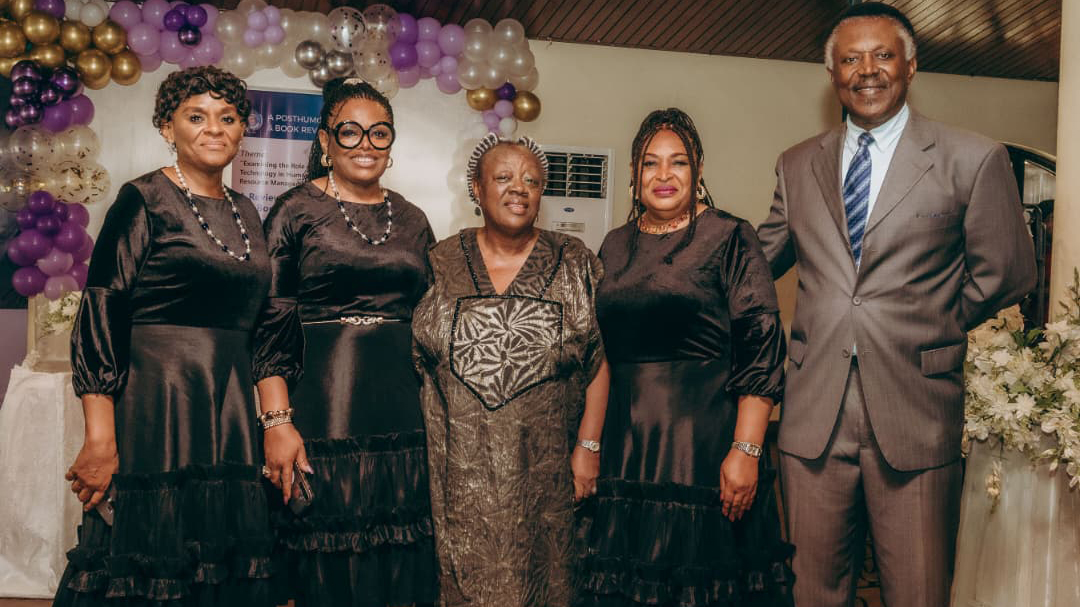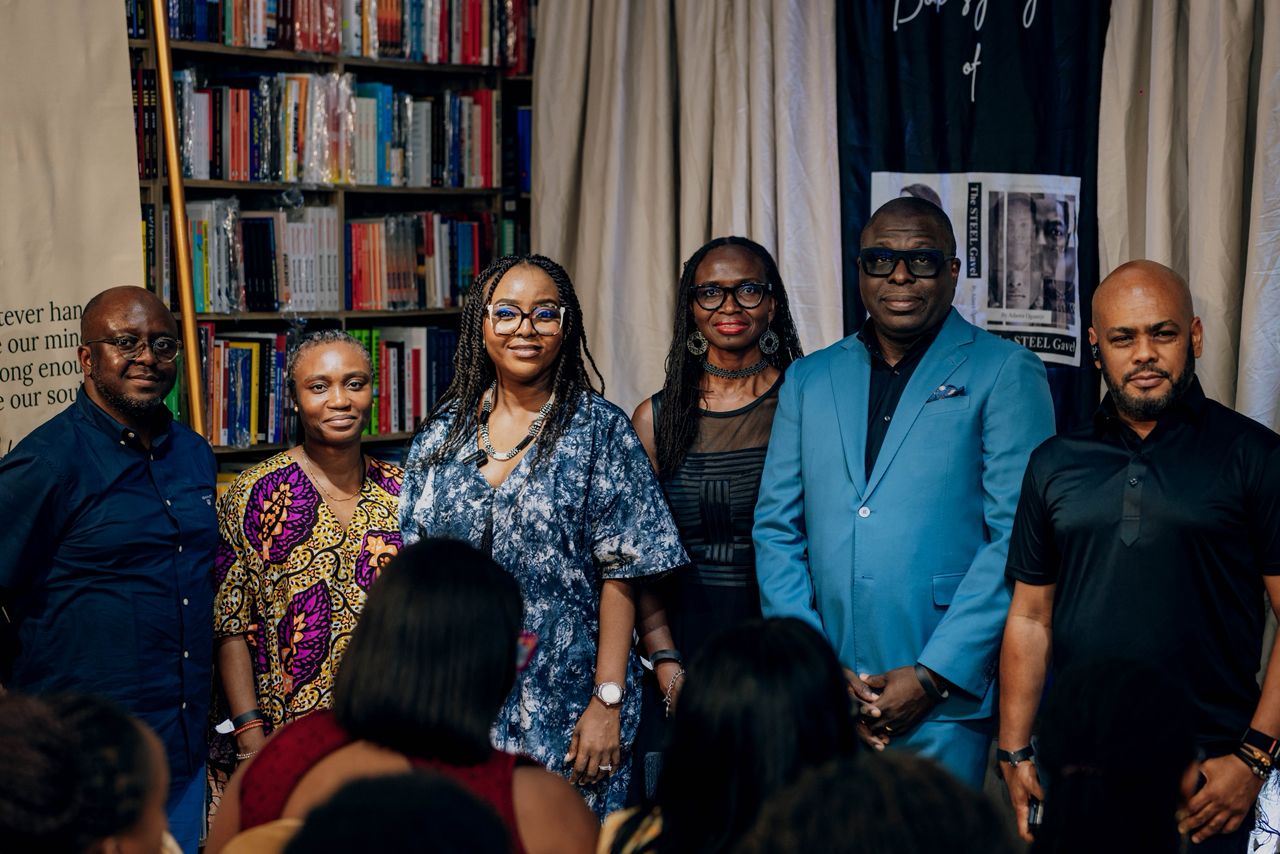Alexander Emmanuel Ochogwu, a senior officer in the Nigerian Air Force, has used his fourth literary work, Edge of the Sun, to examine the intersections of violence, youth dislocation, and the potential for rehabilitation through fiction. The novel, recently launched in Abuja, navigates Nigeria’s complex social landscape, exploring how communities and individuals respond to cycles of insecurity and moral collapse.
Written by an author whose primary occupation is safeguarding national security, the book centres on two young men, Simbabi (“Sim”) and Jaja, whose lives are shaped and destabilised by violence in the Niger Delta town of Bodo. Their story begins with the abduction of Sim’s mother, Jane, setting in motion a sequence of events that immerses the boys in cult conflicts and criminal enterprises linked to oil bunkering, corporate exploitation, and environmental degradation.
Professor E. E. Sule of IBB University, Lapai, who reviewed the novel, notes that Ochogwu employs a dual narrative structure. The main plot traces the coming-of-age of Sim and Jaja, while a secondary thread examines the influence of the secretive Brotherhood of Isha. Sule emphasised that the novel presents violence in its many forms — physical, psychological, sexual, and environmental — and demonstrates how Nigerian youths are often instrumentalised within these cycles.
The novel details the boys’ initiation into cult activity, their survival through injury and abduction, and their eventual educational rehabilitation under the guidance of Professor Uzoba, a maverick academic who fosters a non-kinetic, civil-society-centred approach to addressing insecurity. Sim and Jaja ultimately emerge as agents of reconstruction, with Sim co-founding a de-radicalisation and rehabilitation centre named Phantom City to assist former cultists and vulnerable youth.
Sule observes that Ochogwu’s prose combines cinematic description with empathetic attention to character. Aerial depictions of conflict zones and vivid portrayals of abuse underscore the author’s capacity to translate his military experience into literary form, offering readers an immersive account of societal dysfunction. “Ochogwu combines the power of imagination and the pragmatics of securitisation,” Sule wrote, “showing that beyond military intervention, Nigeria requires symbolic and educational solutions to its security challenges.”
The novel also employs metaphor and language with precision. The title, Edge of the Sun, references a Hausa expression indicating precarious victory, reflecting the constant tension experienced by the characters and, by extension, ordinary citizens in violence-affected regions.
While Ochogwu’s narrative largely focuses on youth and community-level intervention, Sule notes that it indirectly critiques broader societal structures, including corporate exploitation and elite indifference, even if the most powerful actors in the Nigerian state are largely absent from the plot. The story suggests that solutions to insecurity may rely as much on civil society, education, and rehabilitative structures as on military might.
Through Edge of the Sun, Ochogwu proposes that literature can serve as a form of social therapy, providing reflection, insight, and strategies for national healing. Sule concludes that the novel represents a contribution not only to Nigerian literature but also to public discourse on security, youth rehabilitation, and the transformative power of education.
Professor Sule described the work as “a blueprint, dressed in literary garb, for achieving security in Nigeria,” and suggested that it offers lessons for both military and civilian actors seeking to address the country’s ongoing social and moral challenges.






